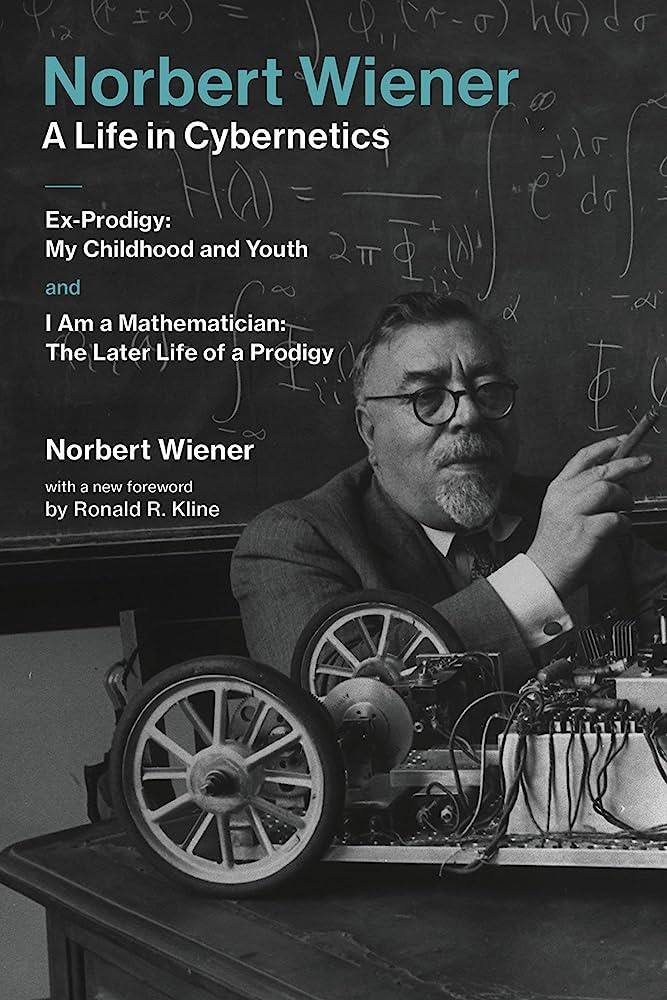
Nietzsche and Philosophy
Disclaimer: This content has been uploaded by a user of Lit2Talks for educational and informational purposes only. All copyrights and trademarks belong to their respective owners. If you are the copyright holder and believe this content has been shared without your permission, please contact us for immediate removal.
Reviews
No review yet. Be the first to review this book!
×
Description
Friedrich Nietzsche, a 19th-century German philosopher, is known for his profound and often provocative ideas that challenge traditional Western philosophy. His work covers a wide range of topics, and his critique extends to morality, religion, culture, and the nature of existence. While Nietzsche d...


























.jpg)
.jpg)


.jpg)

.jpeg)



.jpg)




.jpg)



.jpeg)

.png)














.jpeg)





.jpg)

.jpeg)


.jpg)




.jpeg)










.jpg)



